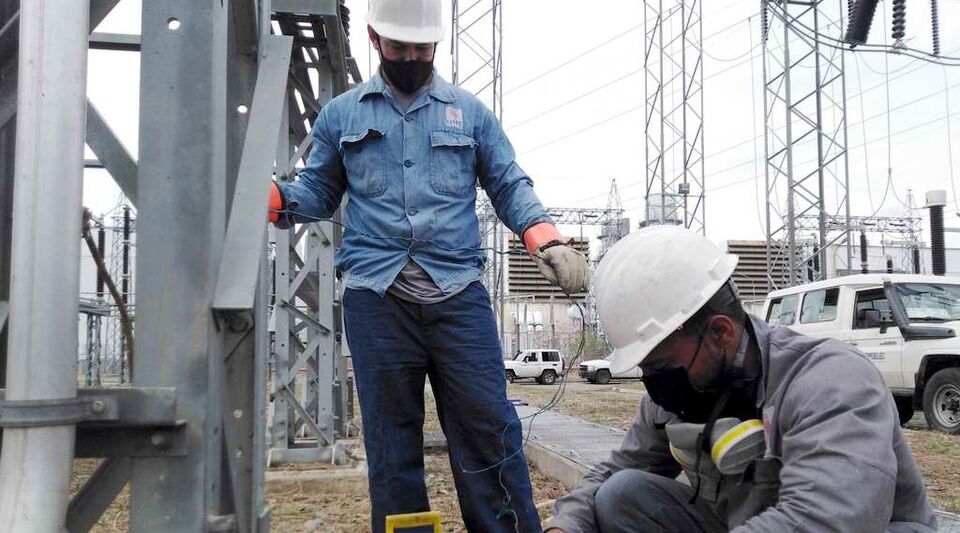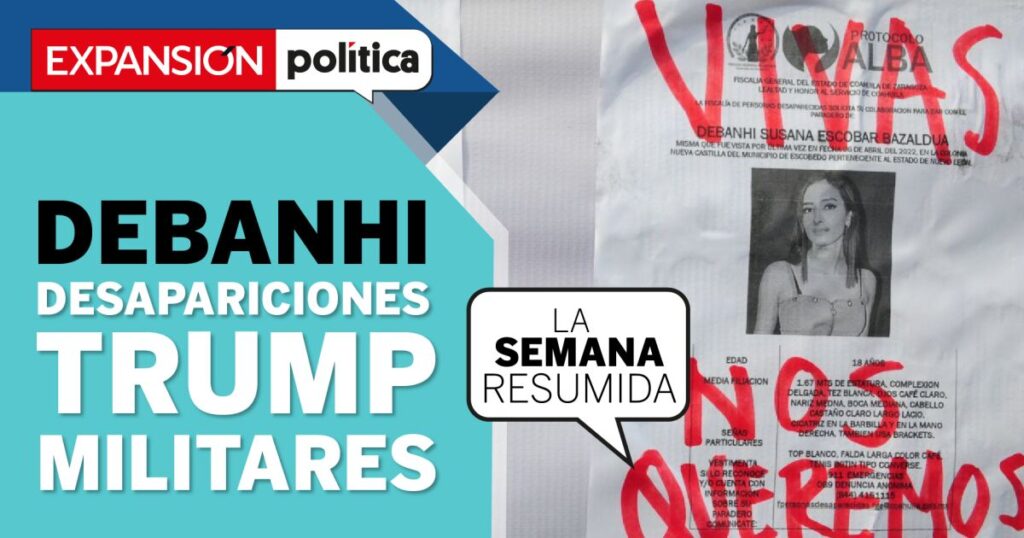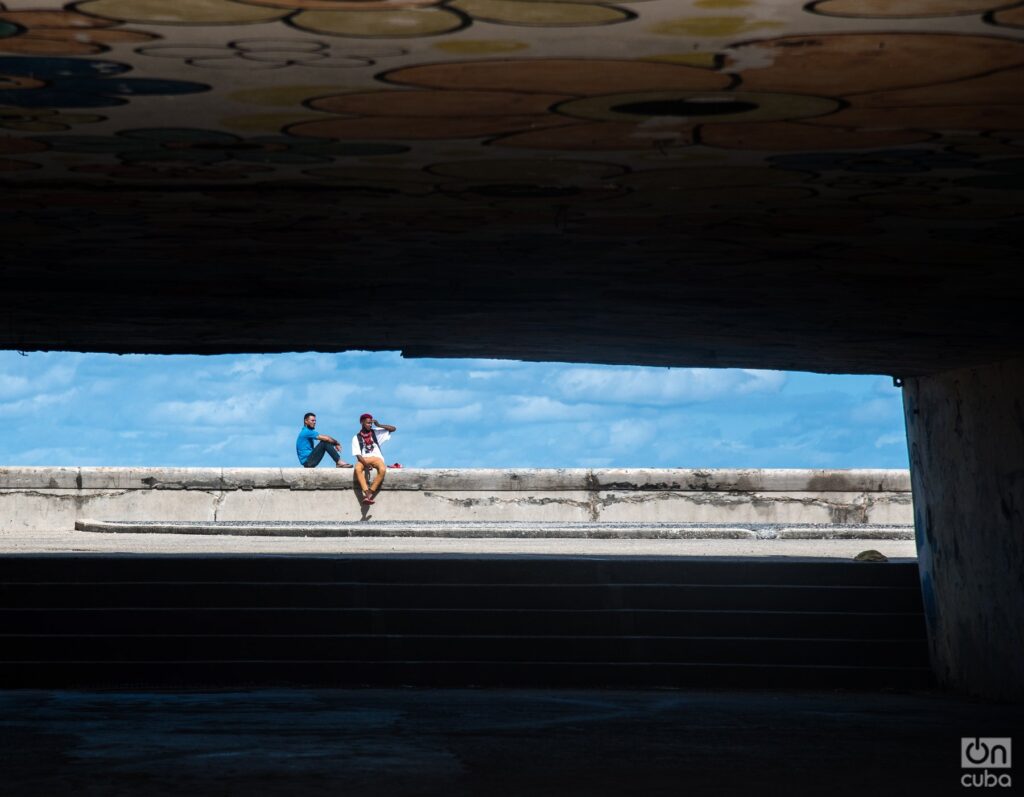While the Island does not come out of an electrical fault to get into another, more than 150 workers in the sector have enrolled in the Cuban Energy Mission in Venezuela, a little-known but long-standing program between the two States. The Cuban authorities have boasted this Friday in pointing out the team’s achievements in the South American country.
The electricians, according to a note released by the official press, work on the prevention and solution of breakdowns “with which they contribute decisively to the stability of the service”. They are technical and linemen that have been divided into six regions, but whose tasks extend to the 24 Venezuelan states.
Commanded by engineer Orlando Parra Infante, the experts perform inspections and maintenance on battery banks, protections and grounding in service substations. They also carry out the installation of “thousands of kilometers of power lines, pruning of vegetation near the lines and replacement of angles in the high-voltage towers.”
The success, according to Parra, is such that the mission will continue to grow and will also deal with the training of Venezuelan personnel.
Technicians are concerned with early detection of “hot spots” where a faulty splice can cause breakage as temperatures rise, a job known as thermographic inspection. In addition, Cubans participate in the recovery of the capacity to generate energy by searching for alternative sources.
The success, according to Parra, is such that the mission will continue to grow and will also deal with the training of Venezuelan personnel. According to his testimony, since his arrival “the number and magnitude of breakdowns have decreased, as well as the time it takes to restore service”, among other things, “because these men put all their energy into work “.
The program was born in the times of Hugo Chávez, when Cuba paid for the huge amounts of oil with medical personnel and personnel from other areas, including the military and police, who, according to various investigations they taught methods of torture and espionage to their Venezuelan colleagues.
The mission has been maintained despite the fact that in the last twenty years, and with the small respite of the times of the thaw (2014-2016), the Cuban economy has been collapsing hand in hand with its Venezuelan partner. Currently, Caracas has reduced shipments of oil and other fuels to Havana to a minimum – although they have not stopped despite the hardships that the country itself is experiencing – and the island is suffering from a serious energy crisis.
As a consequence of all this, Cuban electricity plants are obsolete and lack maintenance, and breakdowns are practically weekly. It is also not uncommon for two or more plants to exit the national energy system at the same time due to different problems, explosions, fires and all kinds of misfortunes that ultimately lead to blackouts, scheduled or not, for the population.
The brigadistas, meanwhile, improve the stability of the Venezuelan service. Always according to the official press, of course.
________________________
Collaborate with our work:
The team of 14ymedio is committed to doing serious journalism that reflects the reality of deep Cuba. Thank you for joining us on this long road. We invite you to continue supporting us, but this time becoming a member of our newspaper. Together we can continue transforming journalism in Cuba.


















